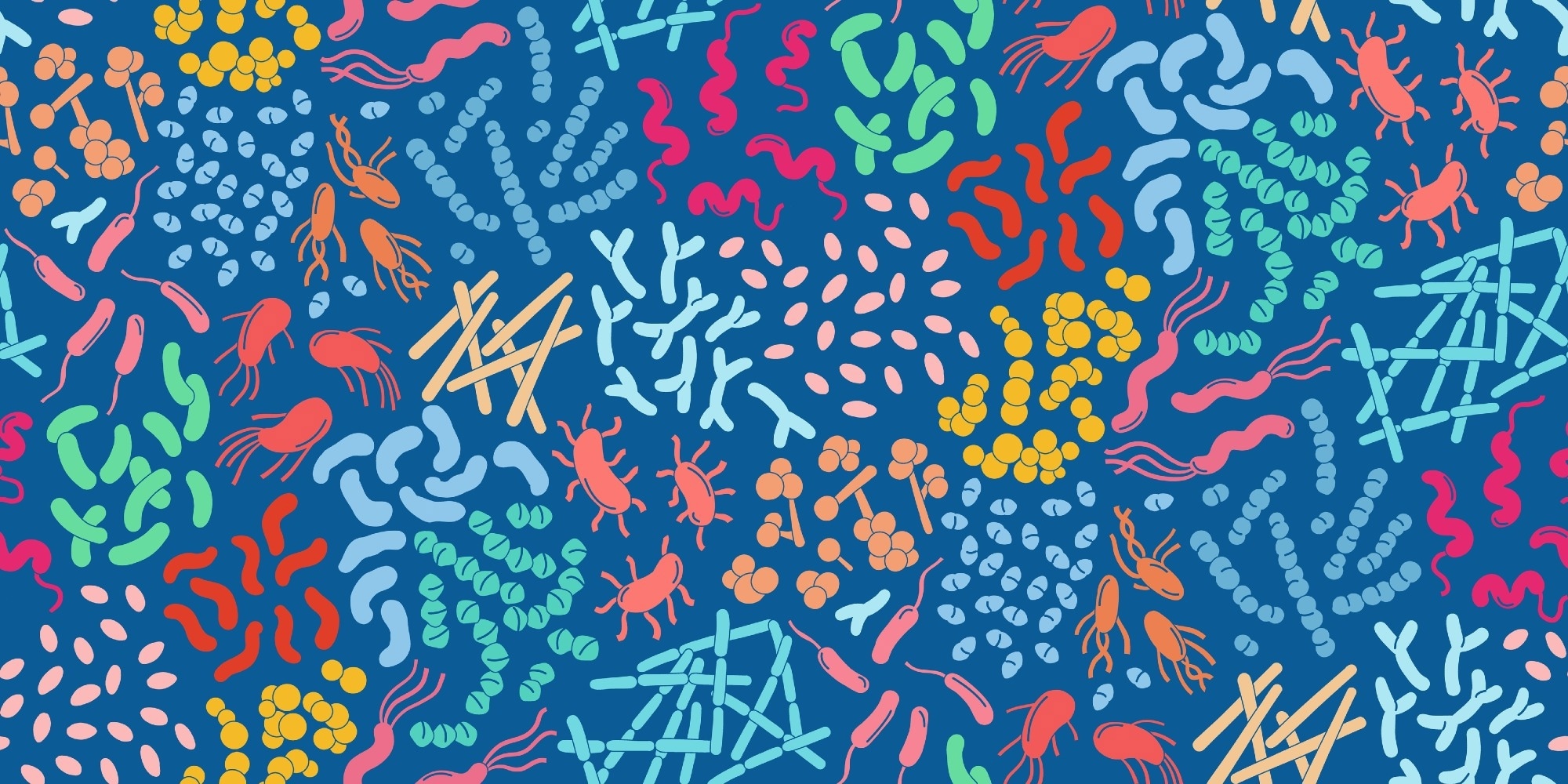A groundbreaking global project is racing to secure the world’s disappearing microbes, protecting the foundations of health and ecosystems before it’s too late.
 Perspective: The microbiota vault initiative: safeguarding Earth’s microbial heritage for future generations. Image Credit: VasilkovS / Shutterstock
Perspective: The microbiota vault initiative: safeguarding Earth’s microbial heritage for future generations. Image Credit: VasilkovS / Shutterstock
In a recent perspective piece published in the journal Nature Communications, researchers discussed the impacts of human activities on microbial ecosystems, arguing for the urgent need to preserve microbial diversity for human and environmental health. They introduced the Microbiota Vault Initiative (MVI) as a global response to protect and archive microbial communities and strengthen microbiome-related research through international collaboration.
Microbial ecosystems at risk
Microorganisms form the foundation of life on Earth, influencing soil health, food production, disease resistance, and human immune systems. However, modern human activities, especially urbanization, antibiotic overuse, and intensive farming, are rapidly damaging these microbial ecosystems. This includes the decline of key microbes, such as Bifidobacterium infantis in humans and Methanoflorens stordalenmirensis in Arctic permafrost, which are linked to health and climate stability, respectively.
This loss impacts both environmental stability and human well-being, contributing to rising chronic health issues such as allergies, metabolic disorders, and autoimmune diseases. Just as conservation efforts aim to protect endangered plants and animals, the scientific community now recognizes the need to preserve microbial life before it's lost beyond recovery.
The MVI responds to this crisis by offering a proactive, global strategy to safeguard microbial diversity. Unlike other initiatives that primarily back up existing collections, the MVI anticipates future needs by archiving microbiomes from the environment, animals, and humans. It adopts the One Health approach, which emphasizes the interconnection between human, animal, and ecosystem health. The MVI acts as a non-profit, non-governmental organization, not a commercial enterprise, and emphasizes fair partnerships, depositor rights, and local governance.
How the MVI works
Inspired by the Svalbard Global Seed Vault, the MVI creates secure backups of microbial specimens from around the world. Local microbiome collections can request that the MVI preserve their samples, with depositors maintaining full control. Upon request, the Vault also supports genetic sequencing. Metadata, including links to sequences and depositor contact information, is made available online to encourage research collaboration, under licenses chosen by the depositors. This ensures transparency while safeguarding sensitive data and community interests.
The MVI does not engage in commercial or therapeutic ventures. Instead, it focuses on coordination, networking, and providing long-term cryogenic storage at -80°C in Zurich, Switzerland. The samples are not accessible for direct research use unless permission is granted by the original depositor, ensuring sovereign control and respect for local knowledge. The initiative strengthens global collaboration by hosting the annual Global Microbiome Network Symposia (GloMiNe), which brings together legal experts, ethicists, anthropologists, and scientists to develop best practices and ethical frameworks for microbiome science.
Global, Inclusive, and Ethical Partnerships
At its core, the MVI is built on ethical governance, inclusion, and education. It aligns with the Nagoya Protocol and the Global Biodiversity Framework, supporting equitable benefit-sharing from the use of biological data. The initiative acknowledges the significance of Indigenous communities and traditional knowledge holders in microbiome stewardship, emphasizing that decisions regarding microbial samples should be made by the communities that provide them.
Through GloMiNe and its collaboration with the Digital Sequence Information Scientific Network (DSI), the MVI offers travel grants and mentoring to early-career scientists, particularly from low- and middle-income countries. These efforts aim to reduce global research disparities, promote equity, and foster an international community of microbiome researchers.
In addition to its scientific goals, the MVI actively advocates at the international level. It has engaged with the United Nations, hosting screenings and presenting at global climate and biodiversity conferences to emphasize the vital role of microbes in planetary health.
Future advancements
The MVI recently concluded its Launch Phase, which focused on building infrastructure and refining procedures for preserving microbial samples through contractual Deposit Agreements signed between depositors and the Vault. Local collections from countries including Benin, Brazil, Ethiopia, Ghana, Laos, Thailand, and Switzerland contributed over 1,200 human fecal and 190 fermented food samples. These were securely cryopreserved in Zurich at -80°C under standardized protocols that include strict metadata documentation using MIxS standards and storage guidelines developed in collaboration with the Swiss Biobanking Platform.
As it enters its next phase, the MVI plans to expand its scope beyond human-associated microbes to include environmental specimens from endangered ecosystems. While practical applications such as reintroducing microbes into ecosystems remain speculative, the preservation of microbial diversity opens up possibilities for future scientific breakthroughs, ecosystem restoration, and even “microbiome therapy” for humans and animals.
Globally, several similar initiatives, such as the research-driven Global Microbiome Conservancy, share the goal of preserving microbial life. While many of these projects are actively engaged in sample collection and analysis, the MVI’s emphasis on non-commercial backup storage, equity, depositor sovereignty, and global collaboration positions it as a unique, complementary effort. By creating a distributed yet coordinated biobanking model, the MVI empowers local communities while contributing to a broader vision of safeguarding microbial life for future generations.
Conclusions
The MVI is more than a biobank; it is a global, inclusive movement to preserve Earth's microbial heritage. In the face of biodiversity loss, urbanization, and climate change, protecting microbial diversity is essential to ensuring a resilient and healthy future for all life forms. The MVI presents a compelling, ethically guided model that bridges science, equity, and long-term environmental stewardship.
Journal reference:
- The microbiota vault initiative: safeguarding Earth’s microbial heritage for future generations. Dominguez-Bello, M.G., Steiger, D., Fankhauser, M., Egli, A., Vonaesch, P., Bokulich, N.A., Lavrinienko, A., Hoffmann, C., Zimmermann, P., Muhummed, A., Sayasone, S., Larbi, A., Padonou, S.W., Zinsstag, J., Tschopp, R., Santivarangkna, C., Torres, D.A., Li, Y.Y., Benvenga, V., Teo, Y., Houngbédji, M., Kwarteng, A., Knight, R., Gilbert, J.A., Blaser, M.J. Nature Communications (2025). DOI: 10.1038/s41467-025-61008-5, https://www.nature.com/articles/s41467-025-61008-5